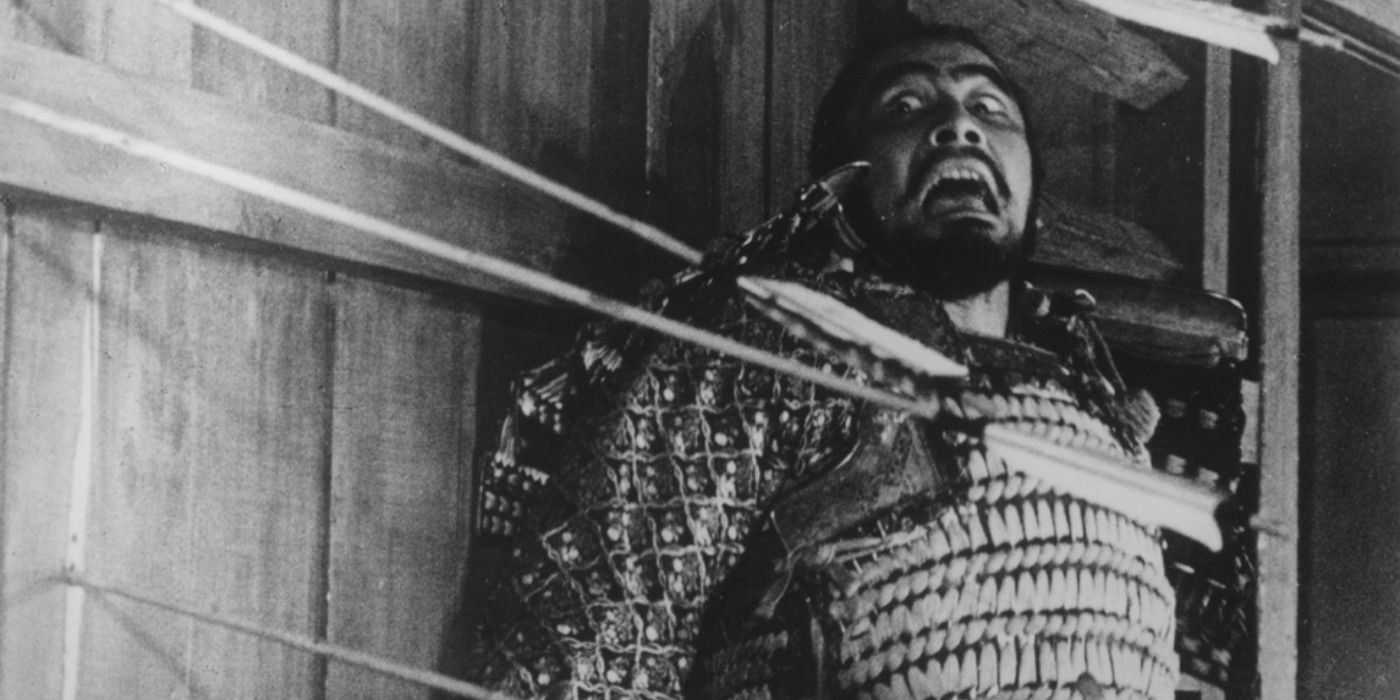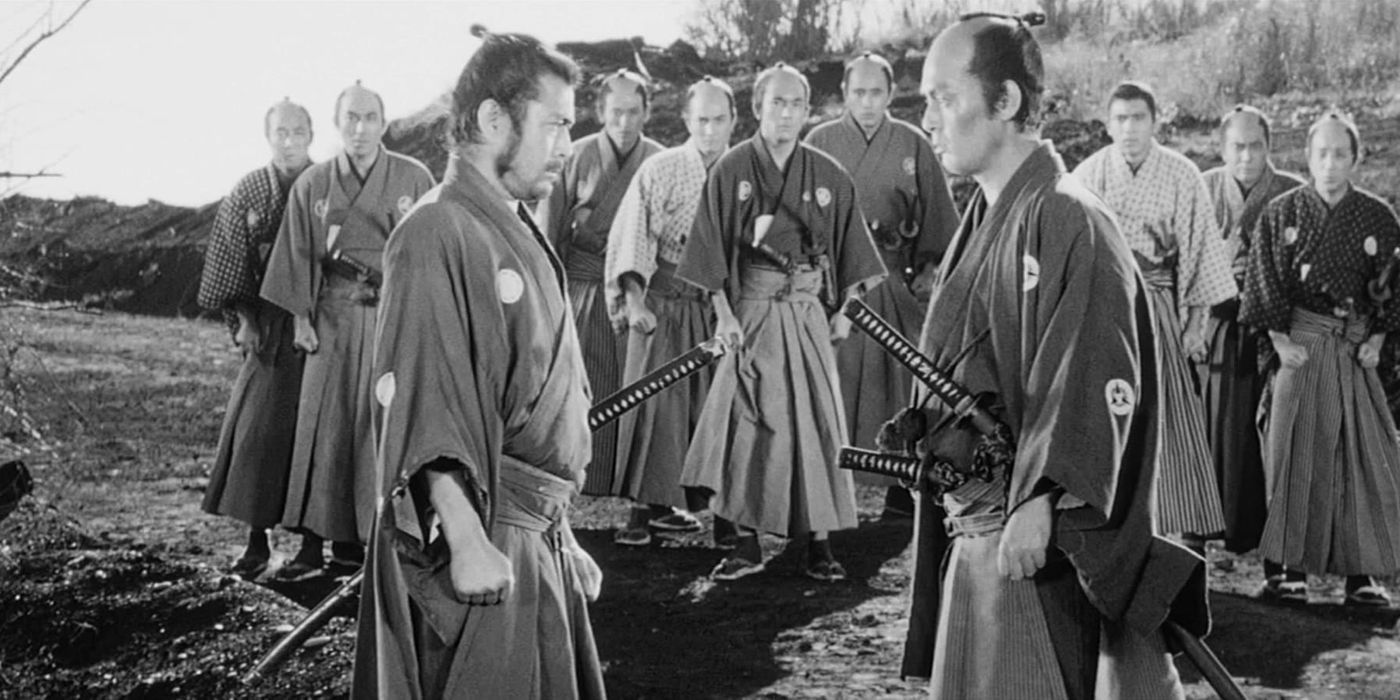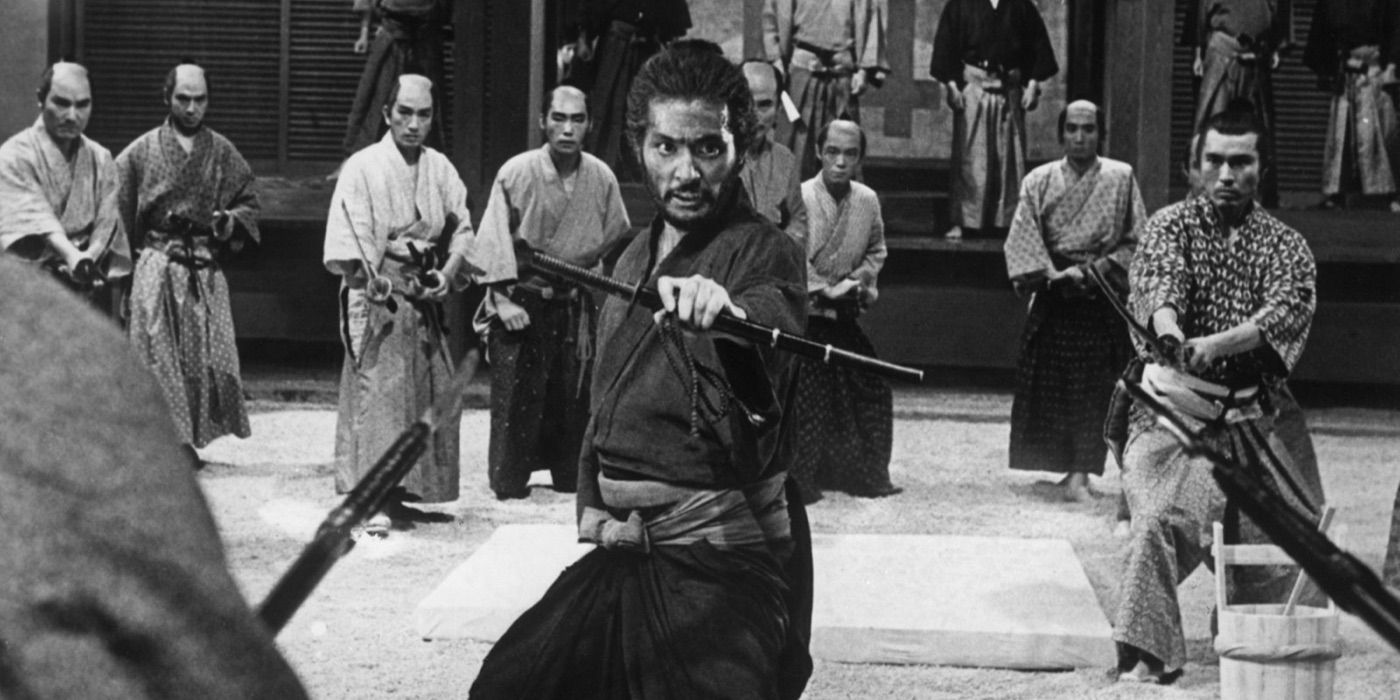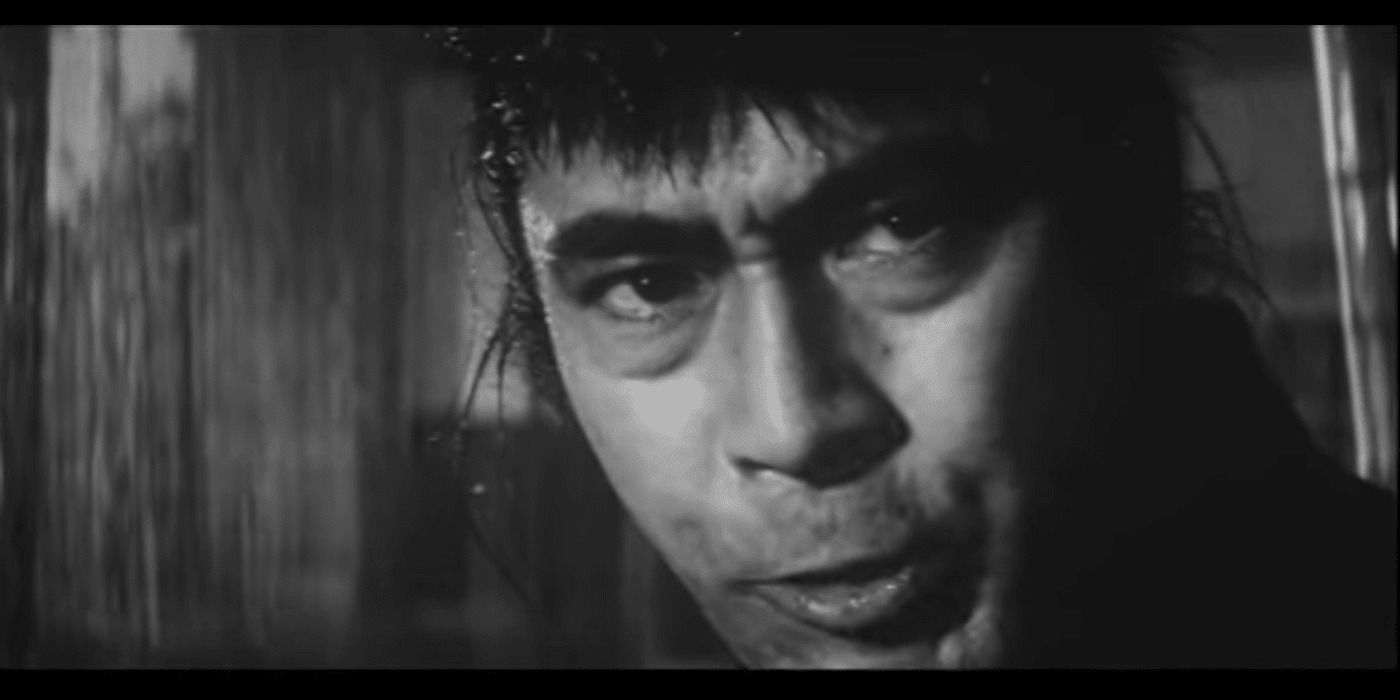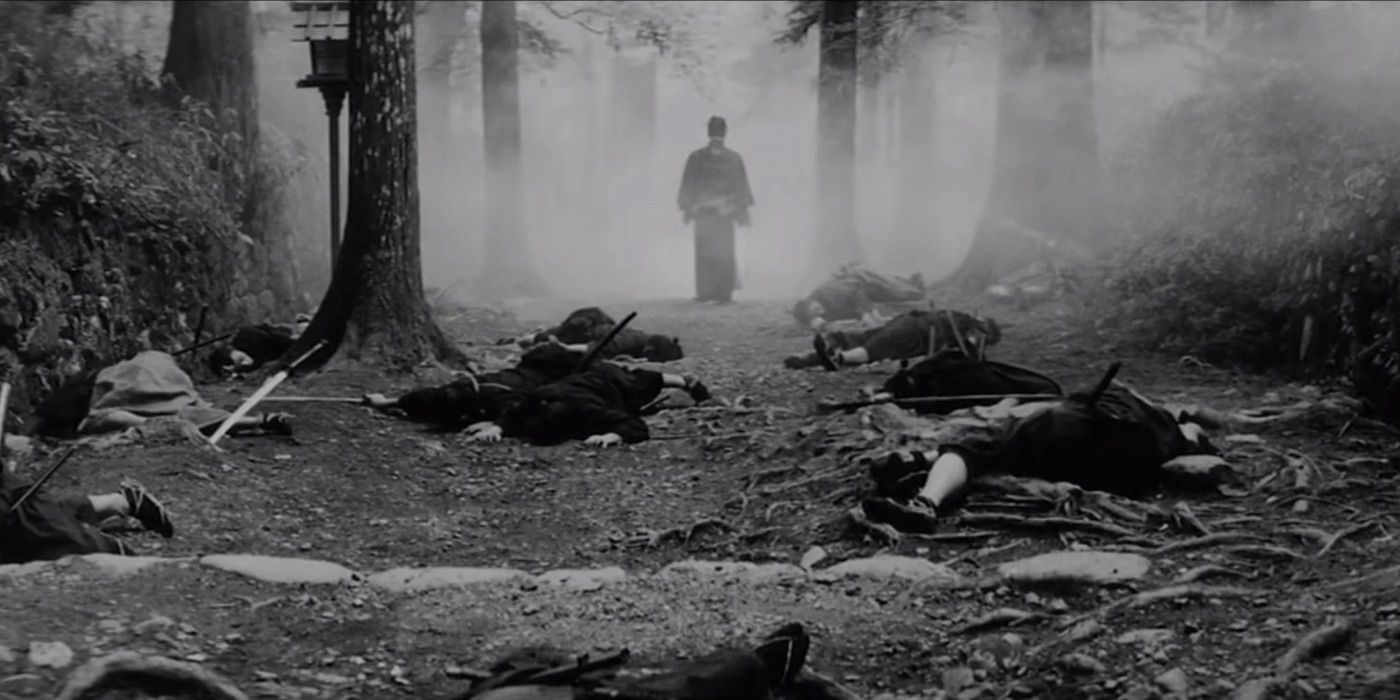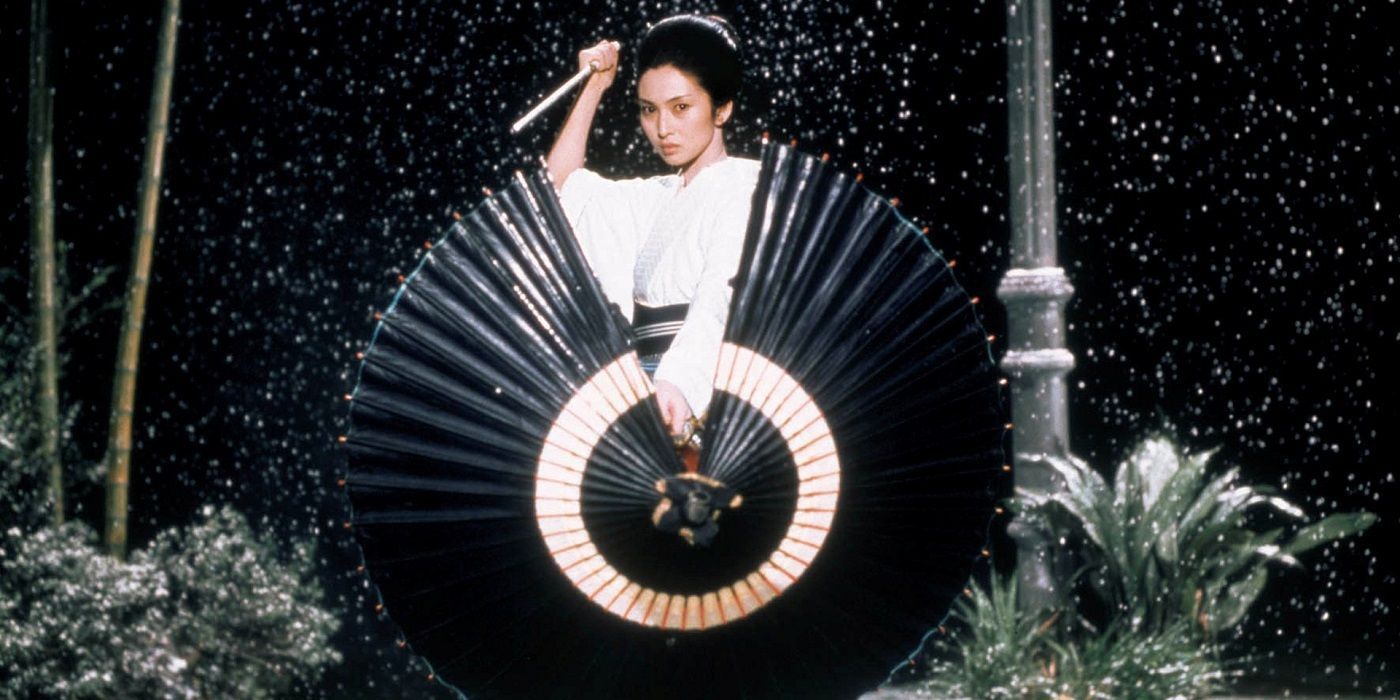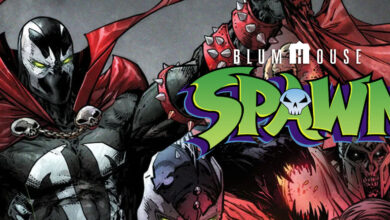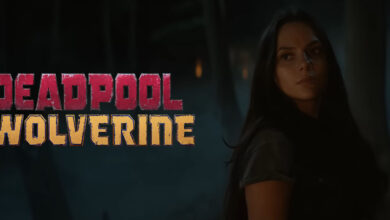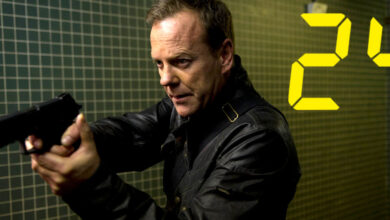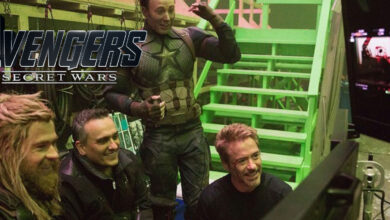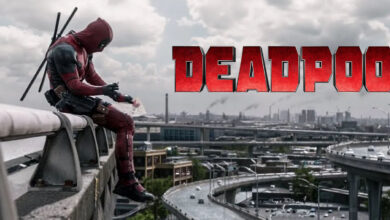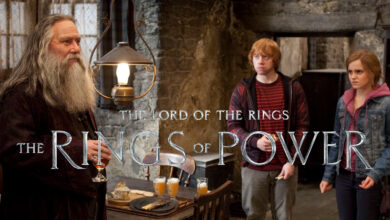10 Best Samurai Movies Of All Time

Summary
- The samurai genre in Japanese cinema has given rise to incredible films that explore society and cultural landscapes.
- Akira Kurosawa’s Seven Samurai is arguably one of the greatest films ever produced and has had a major influence on Western cinema.
- Other notable samurai films include Throne of Blood, Yojimbo, Harakiri, and Lone Wolf and Cub: Sword of Vengeance, each exploring different themes and showcasing expert storytelling.
Some of the very best moments in Japanese cinema come from the samurai genre, and there are plenty of incredible movies to check out in this category. Telling dramatic and action-packed tales of brave and noble warriors, these movies are often dark and daring examinations of the society and cultural landscape out of which they are born. Portraying solitary figures with extraordinary martial arts abilities, clans of talented swordsmen, and a variety of sub-genres, the samurai film has also had a major influence on Western cinema.
Most readily associated with the work of acclaimed director Akira Kurosawa, the best of this genre extends far beyond his output and includes countless films, series, and iconic characters. It features everything from adaptations of William Shakespeare’s most famous tragedies to cinematic versions of beloved novels and manga series. There is so much to discover in the magnificent samurai genre, and the best movies will stick with viewers for a long time.
10 Seven Samurai (1954)
One Of The Most Influential Films Ever
Seven Samurai
- Release Date
- April 26, 1954
- Director
- Akira Kurosawa
- Cast
- Toshiro Mifune
- Rating
- pg-13
- Runtime
- 207minutes
- Genres
- Action, Drama
Perhaps director Akira Kurosawa’s crowning achievement, Seven Samurai has risen above the samurai genre itself and can arguably be regarded as one of the greatest films ever produced. The story of a village farmer hiring a masterless samurai to defeat bandits and protect his crop, the movie is one of the most remade, reworked, and referenced films of all time. With countless imitations that can be seen in Westerns like The Magnificent Seven and action movies such as The Invincible Six, the men-on-a-mission team-gathering formula laid out in Kurosawa’s movie can be seen in everything from Star Wars to The Avengers.
9 Throne Of Blood (1957)
An Expertly Crafted Shakespeare Adaptation
Throne of Blood takes the story of William Shakespeare’s Macbeth and transports it to feudal Japan with a style that draws from Japanese Noh theater. Director Kurosawa was no stranger to Shakespeare adaptations and used stunning visuals and expert direction to make up for losing the playwright’s signature dialogue. As one of the most unique Shakespeare adaptations ever made, this film’s dark retelling of a warrior seeking power is a testament to the timelessness of this story, as well as the universality of themes it tackles.
8 Yojimbo (1961)
Showcases The Honor Of The Samurai
Telling the story of a town divided by two crime lords, Yojimbo features a rōnin samurai and master swordsman, Kuwabatake Sanjuro, who the two bosses attempt to hire as a bodyguard and protector. Exploiting the situation, the samurai plays the two forces against one another and ultimately restores order, freeing the town from corruption and manipulation. The film would be unofficially remade as Sergio Leone’s famous Spaghetti Western A Fistful of Dollars starring Clint Eastwood, leading to a lawsuit by Japanese production company Toho (via Slash Film).
7 Sanjuro (1962)
The Continuing Adventures Of Sanjuro
A sequel to Yojimbo, Sanjuro continues the story of rōnin samurai Kuwabatake Sanjuro as he helps a young man save his uncle, who has been framed and imprisoned. A masterclass in action and technical showmanship, Sanjuro is as funny as it is exciting and is driven by the excellent lead performance of Toshiro Mifune. With iconic cinematography, the Kurosawa-directed film is a timeless classic that showcases his flare for epic choreography, the strict honor code of the samurai, and the artistry of Japanese swordsmanship.
6 Harakiri (1962)
Unraveling The Hypocrisy Of The Samurai
A Japanese period piece, Harakiri takes place during the rule of the Tokugawa shogunate and features a samurai who requests harakiri, or ritual suicide, in the manor of a feudal lord. In the film, Tsugumo Hanshirō explains his request before an audience of samurai. This request reveals the corruption and hypocrisy at the heart of the samurai clan, it challenges the ethics of their systems, and it exposes dishonor. Harakiri is a tale of unraveling truth that addresses the conflict between tradition and morality.
5 Samurai Assassin (1965)
A Lesser-Known Gem
Samurai Assassin is a complex and nuanced story based on turbulent power dynamics in 19th century Japan. Collective plans to assassinate a Shogunate elder, themes of loyalty and personal conflict, and excellent choreography, performances, and writing make this one of the best lesser-known samurai films. Directed by Kihachi Okamoto and led by Toshiro Mifune, who also appeared in the critically acclaimed classics Rashomon, Seven Samurai, and Throne of Blood, this is a treat for fans of the samurai genre that often flies under the radar.
4 Sword Of Doom (1966)
Explores The Ramifications Of Violence
Based on a novel by Kaizan Nakazato, Sword of Doom features a sociopathic samurai named Ryunosuke. Without honor or morality, he continues on a path of destruction categorized by murder, betrayal, and manipulation. As viewers are confronted with Ryunosuke’s lack of remorse, his bad deeds begin to catch up with him, and hundreds of fellow assassins descend upon him in a showdown of epic proportions. The film’s haunting and ambiguous ending poses deep questions about the terrible ramifications of violence, as well as the consequences of moral decay.
3 Lone Wolf And Cub: Sword Of Vengeance (1972)
The Beginning Of A Long-Running Series
Based on a manga series created by writer Kazuo Koike and artist Goseki Kojima, Lone Wolf and Cub: Sword of Vengeance is the first of six Lone Wolf and Cub movies chronicling the story of Ogami Ittō, a wandering assassin on a path of revenge with his young son Daigorō. Opening with a masterful film that brilliantly sets up its many sequels, the series is categorized by its expert choreography and non-linear storytelling. A Hollywood adaptation of the series has long been in the works but has yet to come to fruition.
2 Lady Snowblood (1973)
An Influential Tale Of Revenge
Recounting the tale of a woman seeking revenge on those who destroyed her family, Lady Snowblood‘s non-linear story of vengeance is based on a manga written by Kazuo Koike and illustrated by Kazuo Kamimura. With strong direction by Toshiya Fujita — and Meiko Kaji starring as Yuki — this iconic story follows a young assassin claiming retribution against the people who raped her mother and killed her half-brother. Lady Snowblood was a major influence on Quentin Tarantino’s homage to samurai and martial arts films, Kill Bill.
1 Ran (1985)
The Last Epic of Akira Kurosawa
An action drama of epic proportions, 1985’s Ran derives its plot from William Shakespeare’s King Lear, as well as well-known Chinese legends. As the last epic directed by Kurosawa, it ranks among his best works and has been praised for its expert use of color and distinctive score. Telling the story of an elderly warlord passing his empire on to his three sons, this is a tale of betrayal, corruption, and power. For his work on the film, Kurosawa received a nomination for Best Director at the Academy Awards, the only such nomination in his entire career.
Source: Slash Film
